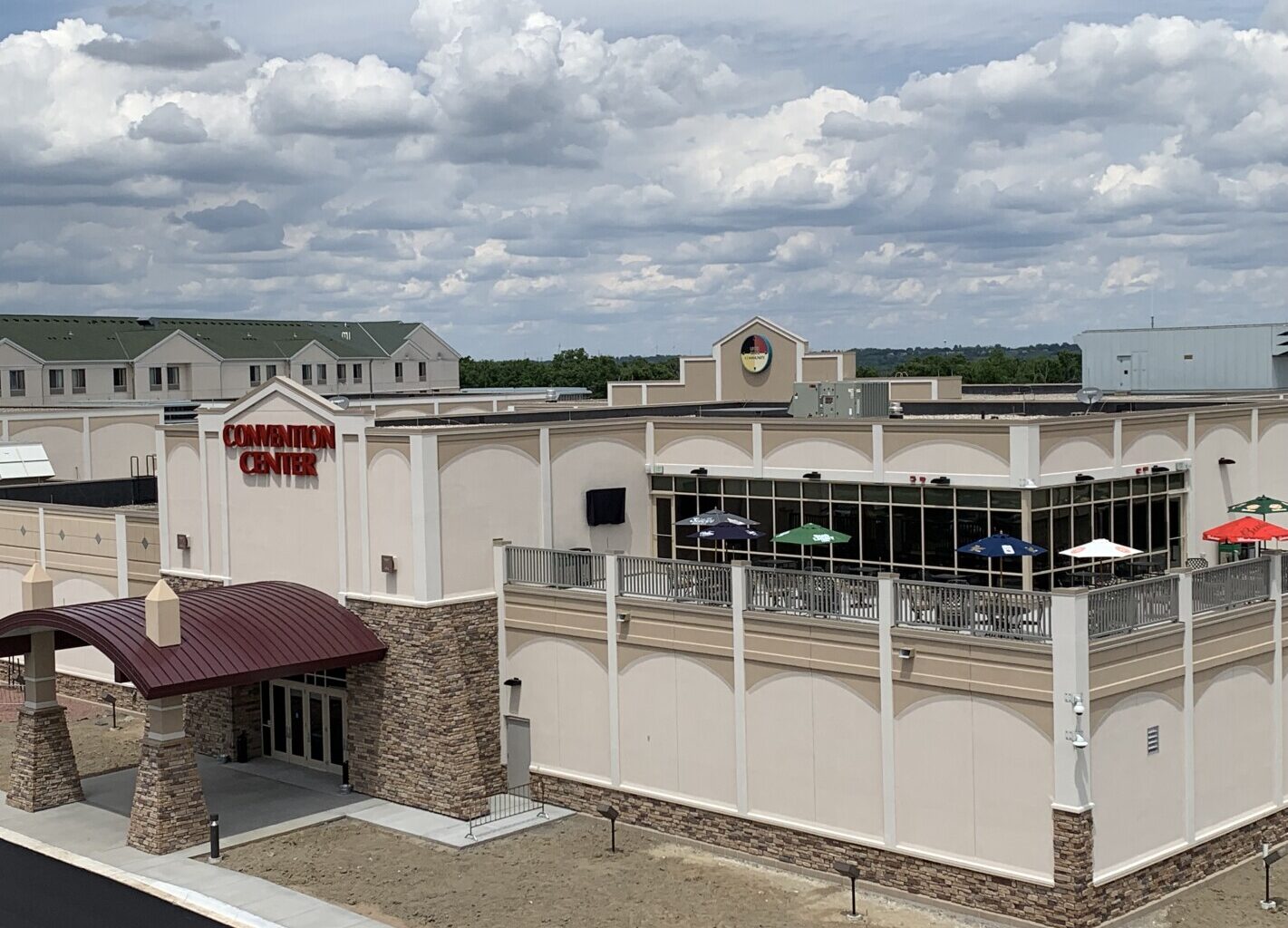UPPER SIOUX COMMUNITY — The
Minnesota Valley Cooperative Light and Power Association
might lose one of its largest customers in its dispute over renewable energy with the
.
The Upper Sioux Community has asked the
to allow it to purchase electricity for its
in rural Granite Falls from Xcel Energy in place of the power it now buys from the rural cooperative operating in west central Minnesota.
The formal request asks the PUC to place Prairie‘s Edge in the service territory of
of Minneapolis.
The PUC will decide at its
whether to investigate the request. It is expected to look favorably on it. PUC member John Tuma had raised the possibility of re-assigning the service territory during a July 24 hearing on the tribal community’s complaint with the cooperative.
At the hearing, commission members chastised the cooperative for its threat to turn off electrical service to Prairie’s Edge if the Upper Sioux Community activated a 2.5-megawatt solar array and battery system.
Tom Cherveny / West Central Tribune
The Upper Sioux Community has constructed a system to provide renewable energy, partially offsetting the electricity purchased for its commercial operations. The behind-meter solar system will not connect to the Minnesota Valley Cooperative Light and Power Association’s distribution system, which currently provides power to Prairie’s Edge. Prairie’s Edge Casino Resort operations require roughly 18 megawatts of power on an average day, according to documents filed with the PUC.
In filings with the PUC, Minnesota Valley challenged the Upper Sioux Community’s request to change the service territory.
Minnesota Valley charges in its filing that the PUC lacks jurisdiction or authority to consider the transfer under Minnesota law, as the Upper Sioux Community is not an electric utility. The cooperative also stated that it has embedded costs based on projected future electrical use by the Upper Sioux Community and other cooperative members.
“To allow Upper Sioux to be served by another electric utility provider would be at a cost to all other members of Minnesota Valley and (would) be inconsistent” with a Minnesota statute, according to the filing by Matthew Haugen, attorney with Nelson Oyen Torvik, representing the cooperative.
Based in Montevideo, the cooperative serves roughly 5,200 rural customers in eight counties.
Xcel Energy indicated it is open to serving the tribal operations. It stated it has met with tribal leadership about the possibility of serving Prairie’s Edge Casino Resort.
The private utility is determining the feasibility and costs of extending its distribution lines to Prairie’s Edge Casino Resort. A portion of that cost would be charged to the Upper Sioux Community, according to a filing with the PUC by Nicholas Martin, director of strategic outreach and advocacy with Xcel Energy.
The Upper Sioux Community stated in its filings that Xcel Energy has an adequate power supply to serve Prairie’s Edge, and that no significant or duplicative infrastructure investment would be needed. Xcel has a distribution network in the vicinity of the location.
The Upper Sioux Community prefers to transfer to the service territory of Xcel Energy. The threat to discontinue electrical service by Minnesota Valley if the solar system is activated jeopardizes the community’s access to adequate, reliable power, according to its filing with the PUC.
“Without adequate and reliable power, the Community’s ability to fund its essential government functions will be at risk,” stated Joshua Peerson, with the law firm of Faegre Drinker, representing the Upper Sioux Community in the filing with the PUC.
Peerson also referenced the “contentious” relationship between the tribal entity and the power cooperative in his filing.
The Upper Sioux Community filed its initial complaint with the PUC over the threat to discontinue service by Minnesota Valley if the solar system was activated.
Minnesota Valley charges that the solar system violates the cooperative’s policies. The system would reduce revenues to the cooperative, which would increase the cost of power for all of the cooperative’s members, the cooperative’s attorney told the PUC at the July hearing.
The Minnesota Department of Commerce and Minnesota Attorney General’s Office filed a motion with the PUC asking that the complaint between the Upper Sioux Community and Minnesota Valley be stayed while the request for a change in service territory is considered. It pointed out that if the service territory change is enacted, the complaint would become moot.

